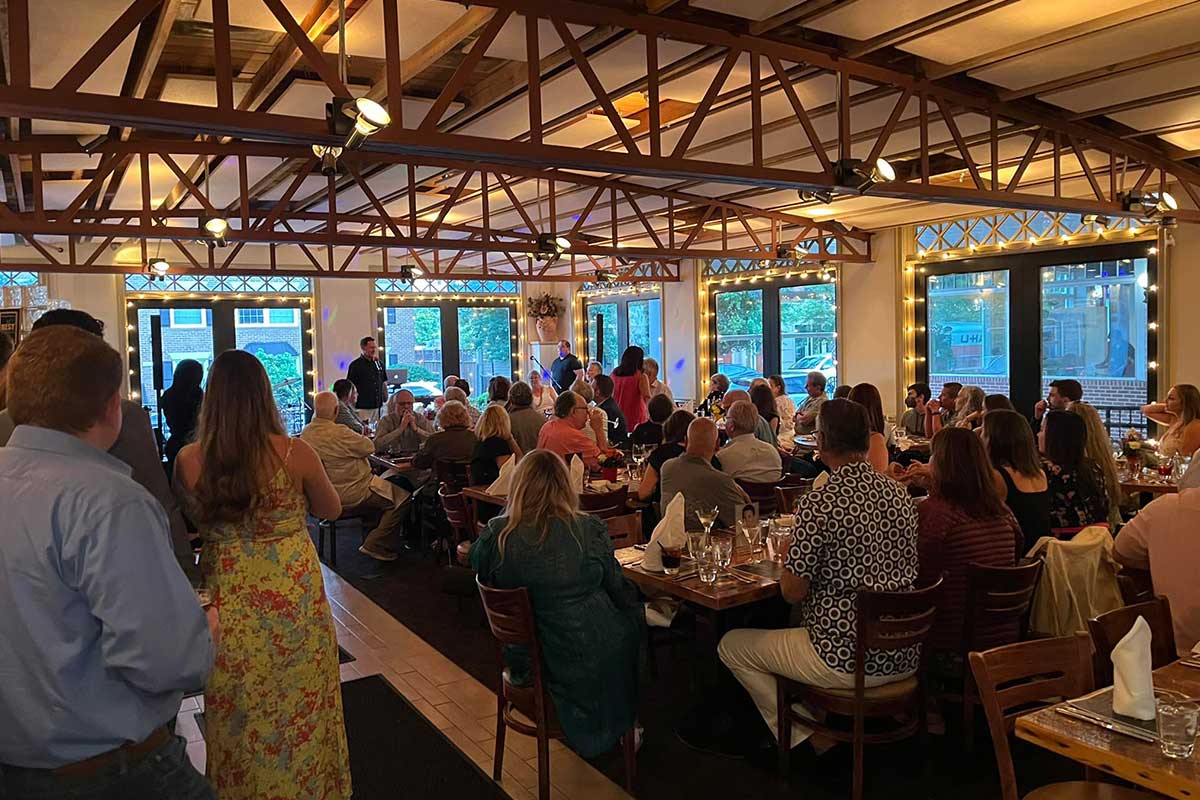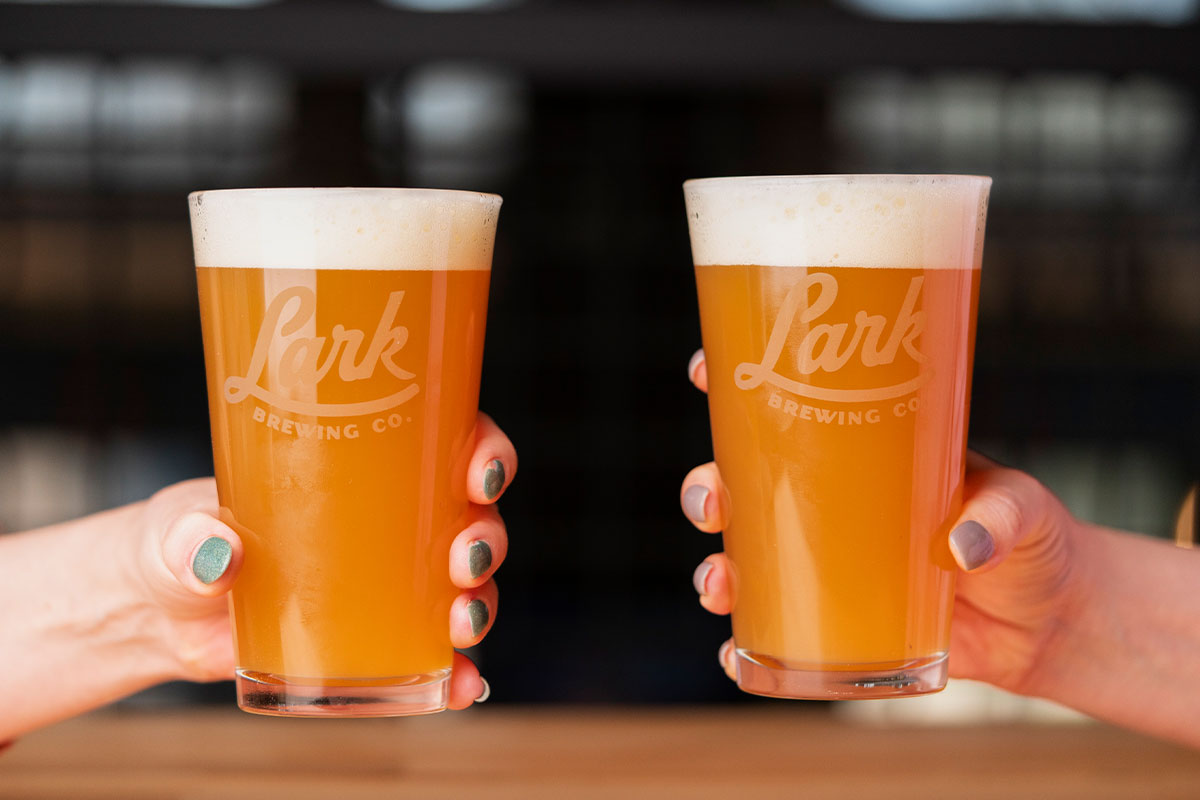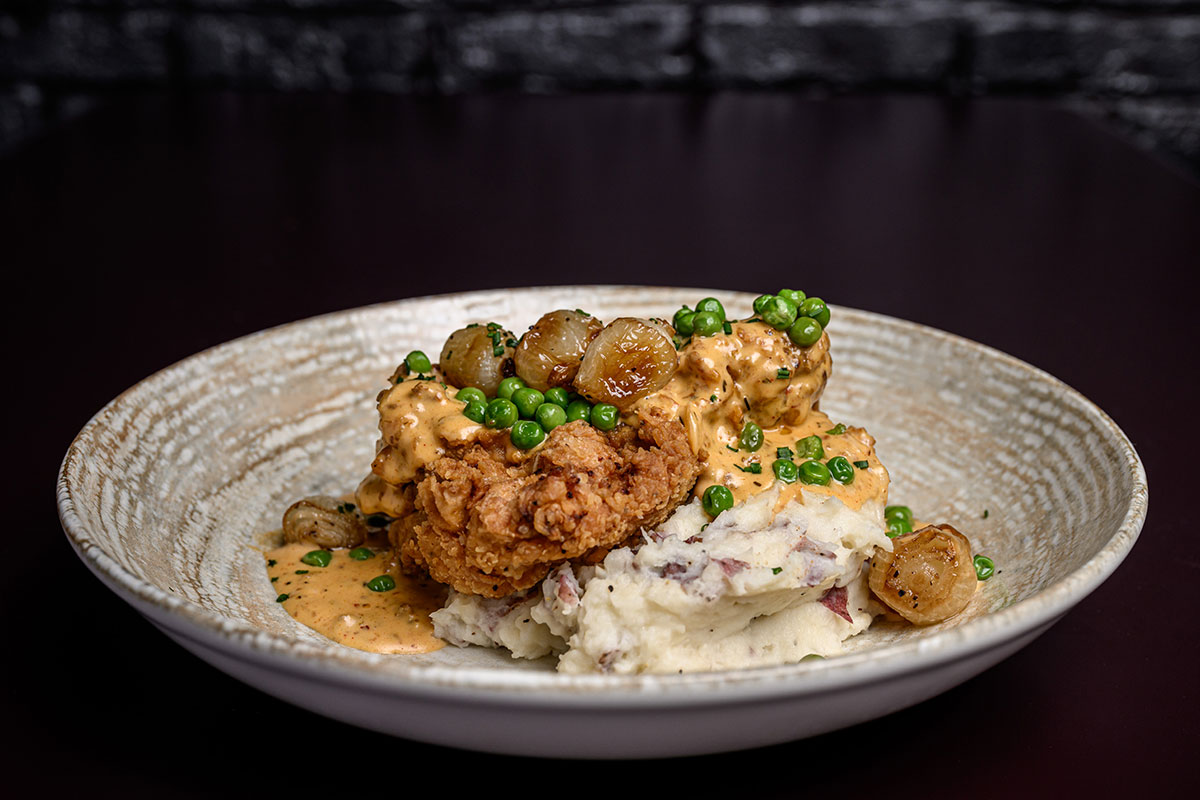
By Nicole Bayne
Farmers market season is almost over but the appeal of shopping locally is still booming. These markets are great places to look for locally-grown products that often have no harmful substances added. Grass-fed, pasture-raised, free-range and cage-free are common terms implying fresh ingredients and organically raised animals, but these labels don’t always tell you what or how the animals are fed. Get the most from your farmers markets by understanding what these labels mean. Knowing where beef, pork, chicken, and eggs come from in your area can help you make sense of food labels and optimize the experience.

Products: Eggs, Chickens
Labels: Free-Range, Pasture-Raised, Cage-Free
Free-range and cage-free means chickens had access to the outside, but does not signify anything about their diet. Pasture-raised chickens, says Sarah Greenleaf, who holds Ph.D. in ecology and evolutionary biology and runs Sunny Knoll EcoFarm, get a large part of their diet from foraging on grassy pasture, but can also be fed supplements. Egg yolks from these hens tend to be larger, rounder and more orange than yellow.
Product: Beef
Labels: Grass-fed, Grass-finished, Grain-finished
While cows naturally graze on grass, many are fed grain instead to quicken the process from birth to slaughter. Look for the terms grass-finished, or 100-percent grass-fed which describe cattle that aren’t fed any grain. Davis Creek Farm’s Elizabeth Van Deventer, Ph.D in human ecology, says “a little grain is not bad, but stuffing these animals with mostly grain causes health problems.” Unhealthy cattle require antibiotics and these additives make red meat bad for you. Also, pastures become muddy, so it is important that farmers regularly rotate their cattle through different pastures to ensure proper nutrients are ingested. Cows raised on grass and finished on grain lend beef that corn flavor Americans have become used to.

Product: Pork
Labels: Free-range, Pasture-raised
Sunny Knoll EcoFarm‘s Sarah Greenleaf says pigs cannot live off of grass alone so corn and soy supplements may be needed, but they should be free of hormones and GMOs and can not replace micronutrients found from foraging. Free-range pork means the pigs are not confined to concrete or cages (the practice may become illegal in New Jersey), but USDA regulations say this could easily mean they were kept in a dirt lot. Pasture-raised usually describes pigs raised on grassy pastures.
Egg, Chicken, Pork and Beef Buying Guide for Northern Virginia Farmers Markets
|
Farm & Area |
Products |
Quotes & Practices |
Markets |
|
Meadow Farms Lovettsville |
Pasture-Raised, Free-Range and Cage-Free Chicken and Eggs |
They allow their chickens any amount of grass and foraging time the animals need for tastier, healthier meat. “You will be eating chicken that actually tastes like chicken,” says owner Jeff Boogaard. “You can de-shell a pasture-raised egg while it’s raw and toss it around a few times before it falls apart.” |
|
|
|
|||
|
Farms Culpeper |
Free-Range and Pasture-Raised Pork |
Their pigs forage for bugs and roots, eating only chemical-free feeds resulting in dark pink pork. “We tell people that pork is not the other white meat,” says Cibola’s Rob Ferguson. “If your pork is white, then you are eating something that is tasteless and likely unhealthy.” |
|
|
|
|||
|
Faith Like a Mustard Seed Farm Leesburg |
Free-Range and Pasture-Raised Pork |
Owner Patricia Glaeser says the meat is “succulent, not slimy. There’s so much flavor to it.” These hogs forage on pastures and eat crushed grapes from local wineries and extra produce from neighboring farms. Glaeser is planning for the farm to be run on a hydroponic system used to create their own non-GMO feed. |
|
|
|
|||
|
Brook Farms Culpeper |
Pasture-Raised, Free-Range and Cage-Free Chicken and Eggs |
“When people ask us why our chicken and eggs taste so good, we tell ’em they are kept on grass and not dirt,” says Honey Brook’s Joshua Wilkes. Their chickens are supplemented with a non-GMO, antibiotic- and hormone-free grain feed from Hiland Naturals. Hiland tests their feed products constantly for GMO cross-contamination. |
|
|
|
|||
|
Liberty Farm Berryville |
Pasture-Raised, Free-Range and Cage-Free Chicken and Eggs |
Owner Ken Matich keeps laying hens that live off a natural diet of grass and insects in wide pastures. They are supplemented by a hormone-, antibiotic-, and GMO-free feed, resulting in healthy and delicious chicken. |
|
|
|
|||
|
Farm and Fencing Systems Lovettsville |
Pasture-Raised Chicken
Pasture-Raised, Free-Range and Cage-Free Eggs Grass-Fed and Grass-Finished Beef Grass-Fed and Grain-Finished Beef |
Their laying hens forage on four acres of land a day, all day, according to owner Donald Ulmer. They also sell pasture-raised chicken, but these birds aren’t free-range due to predators. They are rotated to fresh pasture every 12 hours in a chicken tractor and are fed commercial GMO-free and chemical-free feed. Ulmer offers grass-fed and -finished cows that are “always outside, 12 months a year, never put in a barn, eating grass,” he says. He also sells beef from grass-fed cows that are finished on GMO-, hormone- and antibiotic-free grain. |
|
|
|
|||
|
Mountain Farm Marshall |
Pasture-Raised, Free-Range and Cage-Free Eggs
Grass-Fed and Grass-Finished Beef |
Eggs only, but their laying hens are given plenty of grass for foraging and a hormone- and GMO-free supplement. Owner Nichole Stinson also sells grass-fed and grass-finished beef at local farmers markets. She says her beef makes “the best hamburger ever” because her cows are raised differently “so the beef tastes the way it should.” Even in the winter, her cows are only supplemented with the protein-rich legume grass alfalfa. |
|
|
|
|||
|
Over the Grass Farm The Plains |
Grass-Fed and Grass-Finished Beef |
This farm raises grass-finished cows that are never given any grain. |
|
|
|
|||
|
Ridge Farm Culpeper |
Pasture-Raised Pork, Chicken and Eggs
Grass-Fed Beef |
The GMO, hormone- and chemical-free farm sells pork, chicken and eggs from animals raised on pasture. The animals are kept from running off into neighbors’ yards by a single electric wire, so they are not free-range. However, Saddle Ridge’s Wendy Hasychak says the chickens, pigs and cows graze off the land and are rotated and eat chemical-free feeds. |
Smart Markets Reston |
|
|
|||
|
Seasonal Millwood |
Pasture-Raised, Free-Range and Cage-Free Chicken and Eggs |
Their large flock of chickens eat GMO-, antibiotic- and hormone-free feed from Highland Naturals. For the rest of their diet, their chickens forage on green pasture and are rotated weekly. Shenandoah’s Ali Haney says their eggs are no more than one week old when you purchase them at farmers markets. |
|
|
|
|||
|
Springs Farm Purcellville |
Free-Range and Pasture-Raised Pork |
Silcott Springs keeps their pigs on grass only and supplement them with a corn feed. |
|
|
|
|||
|
Smith Farm Berryville |
Pasture-Raised, Free-Range and Cage-Free Chicken and Eggs
Grass-Fed and Grass-Finished Beef Free-Range and Pasture-Raised Pork |
“Our products are superior because they are free of hormones, antibiotics and GMOs,” says Smith Meadows’ Betsy Pritchard. “They’re packed with fresh air and sunshine from Mother Nature.” They also provide 100 percent grass-fed beef from cows raised solely on pasture, never in a feedlot, and are rotated. Their pigs live on fresh pastures and eat locally grown, additive-free corn and barley in addition to foraging. |
|
|
|
|||
|
Road Farm Rixeyville |
Pasture-Raised, Free-Range and Cage-Free Chicken and Eggs
Grass-Fed and Grass-Finished Beef |
Stallard Road breeds their free-range heritage chickens year round and specializes in grass-finished beef. “The government term grass-fed isn’t telling you anything,” says Stallard Road’s John Adams. “We say grass-finished because we give our cows absolutely no grain whatsoever. Period.” |
|
|
|
|||
|
Country Bakery and Meats Orange |
Pasture-Raised, Free-Range and Cage-Free Chicken and Eggs
Grass-Fed and Grass-Finished Beef Pasture-Raised and Free-Range Pork |
These chickens forage for as long as they want and are supplemented with an additive-free corn feed. Valentine’s’ Darletta Miller says it’s better to know what the animals are fed before you buy their bi-products. Their cattle only eat grass and hay, and their pigs have no restrictions when it comes to foraging on green fields. “They can eat all they want, they’re out there all day,” says Miller. The pigs’ supplemental corn feed is hormone-, antibiotic- and GMO-free. |
|
|
|
|||
|
Graziers Round Hill |
Pasture-Raised, Free-Range and Cage-Free Eggs
Grass-Finished Beef Grain-Finished Beef Pasture-Raised and Free-Range Pork |
“Our laying hens are pasture-raised, they get their bugs and veggies out of the ground from foraging,” says owner John Bailey. He will tell you if the feed he used contained GMOs or not since it varies between batches, however he only uses feed free of pesticides and harmful chemicals. They don’t sell chicken meat, but their pigs forage in dense gardens and wooded areas. They also sell beef from cattle that was never given grain and live on pasture their whole lives. When you go to purchase Woodtrail beef, ask Bailey for their grass-finished steaks because he also keeps cows that are finished on non-GMO grain feed for some of his regular customers who prefer it this way. |
|




